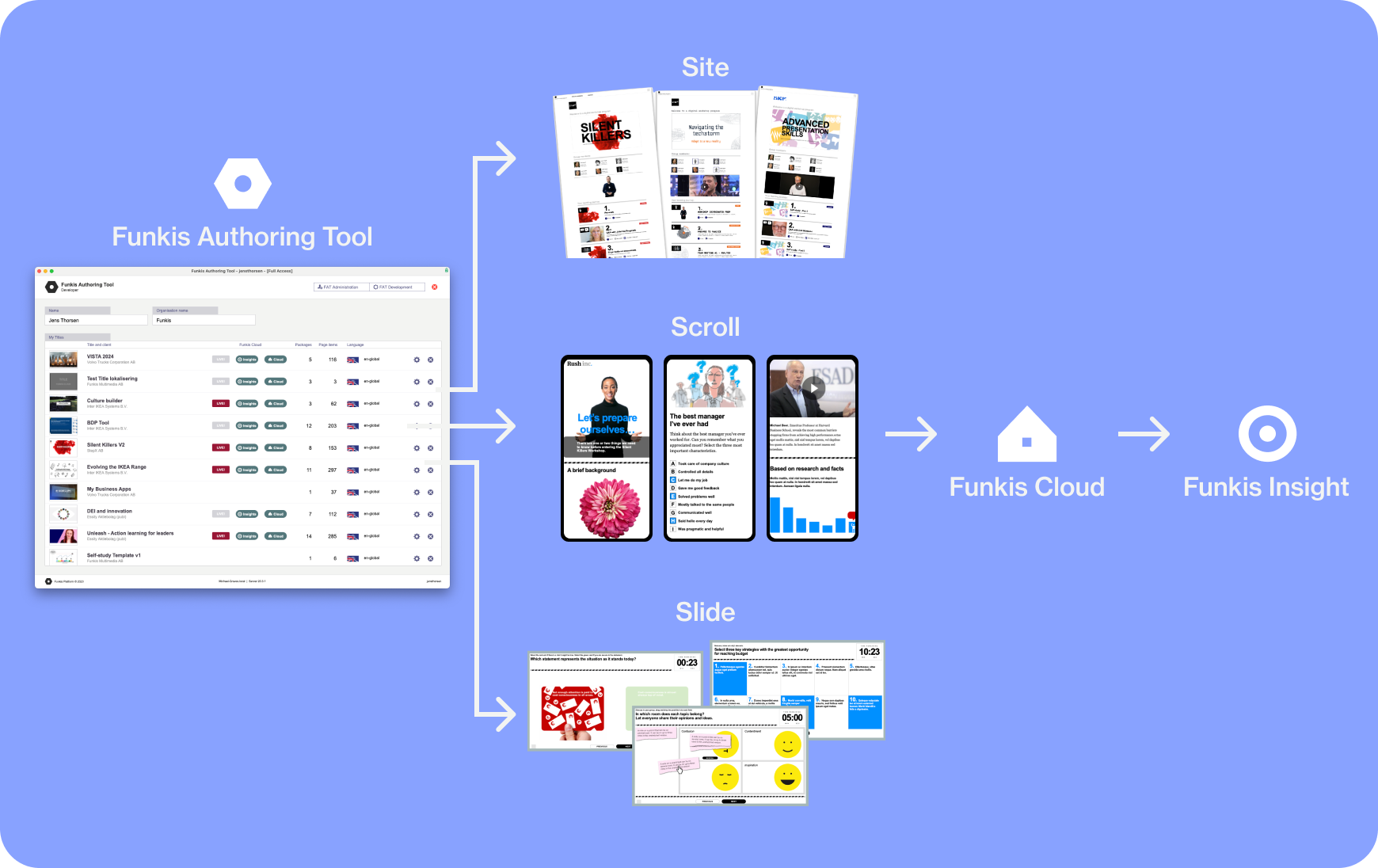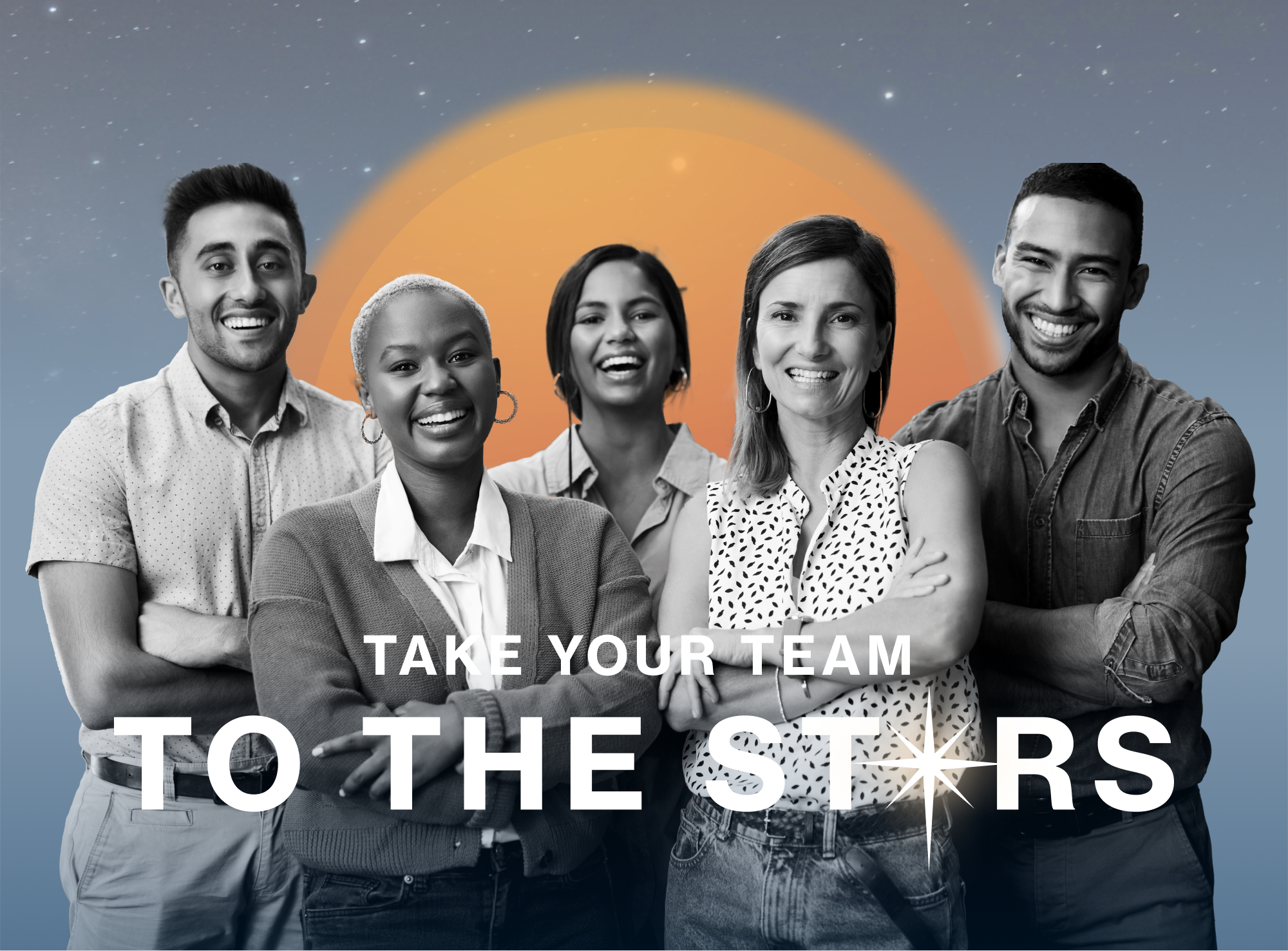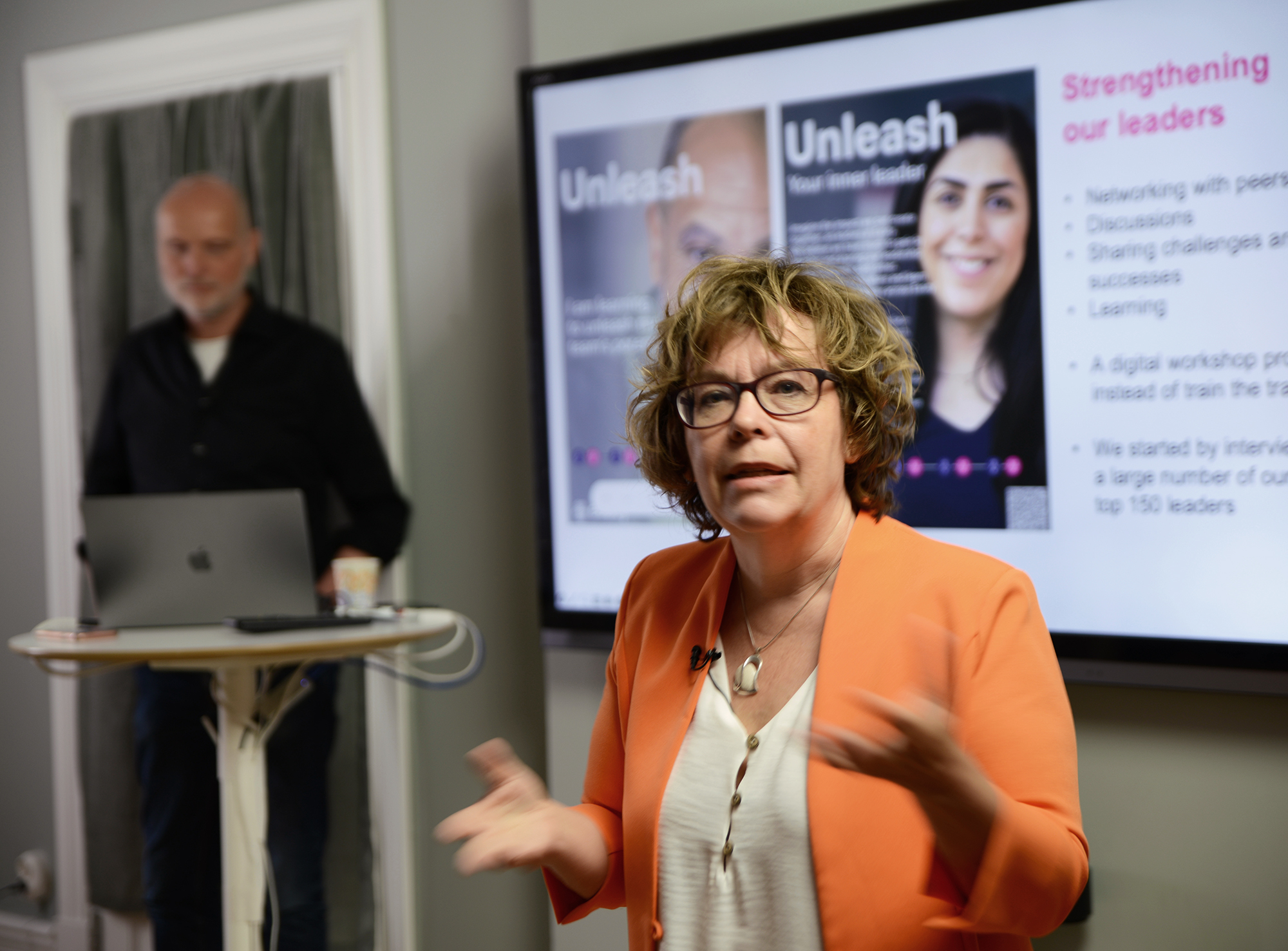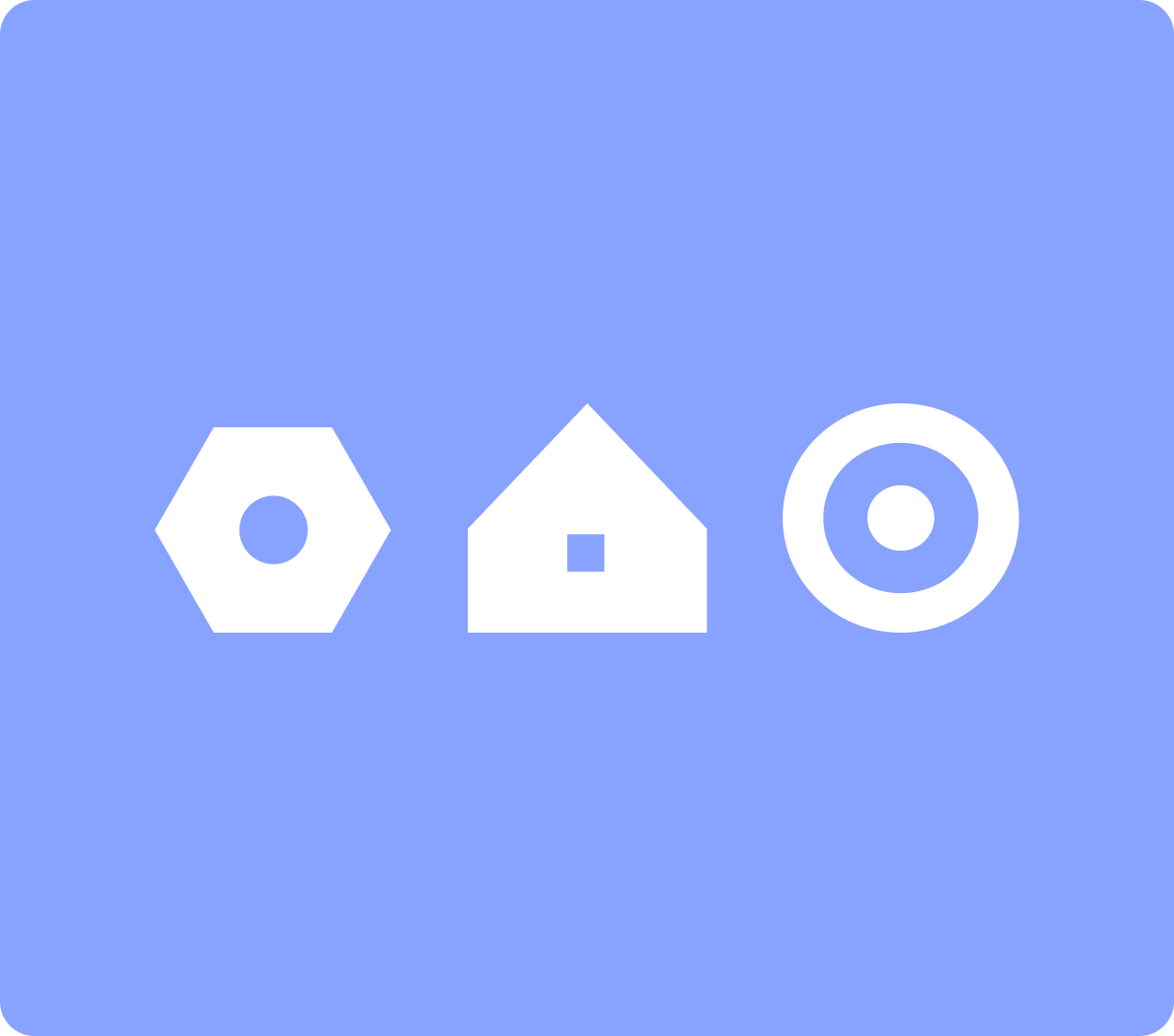Thoughts on Authoring Tools

What? Funkis has its own tool for creating digital learnings? I didn’t know that — how is that even possible? Can they really do something like that?
This was the question from the head of training at a well-known Swedish organization, right as we were pitching for a big digital education project. I was caught off guard, unsure if I’d missed something obvious. It was clear we had different experiences, and I hadn’t realized just how widespread authoring tools had become recently.
What? Funkis has its own tool for creating digital learnings? I didn’t know that — how is that even possible? Can they really do something like that?
This was the question from the head of training at a well-known Swedish organization, right as we were pitching for a big digital education project. I was caught off guard, unsure if I’d missed something obvious. It was clear we had different experiences, and I hadn’t realized just how widespread authoring tools had become recently.

E-learning authoring tools like Articulate, iSpring, and EasyGenerator have seen a massive surge in use, especially among companies creating their own training materials. These tools function like a more interactive version of PowerPoint, allowing users to develop web-ready courses for mobile and desktop without any coding skills. The focus remains on content, not code.
Standard vs. custom solutions
Even specialized digital learning agencies have shifted toward these tools, often replacing custom frameworks. This shift has created a “standard format” for e-learning, aligning customer, producer, and user expectations. Some companies now insist on using standard tools, arguing that if everyone agrees on what e-learning should look like and achieve, why complicate things with custom solutions?
The downside of standardization
While logical, this trend has its downsides. At Funkis, we believe standard tools limit our creativity and ability to offer innovative solutions. That’s why we stick to our own authoring tool, which gives us the flexibility to test new ideas and deliver the best results for our clients.
The LMS compatibility challenge
Another reason for the success of standard tools is their compatibility with Learning Management Systems (LMS) and Learning Experience Platforms (LXP). However, the standard that governs this compatibility dates back to 2004—an era before social media. While having a standard is useful, outdated ones stifle innovation. The day someone creates a digital learning experience with seamless group work, data sharing, and engaging learning journeys, it will be tough to revert to the old ways.
The pitch that didn't go as planned
During a recent pitch, I was asked if Funkis really had its own tool for developing digital learning. I wasn’t prepared to dive into our philosophy, so I simply confirmed: yes, Funkis has its own tool. The pitch didn’t go our way—the project went to another supplier using a standard tool, and shortly after, the manager who left during our presentation was let go. In the end, it felt like we both lost in the increasingly simplified world of e-learning.

Does your team need a boost?
Does your team need a boost? Take your team to the stars is an off-the-shelf workshop that you can run today! Minimal preparation, just press Play. Find

Unleash, leadership program
On June 13, we had a breakfast event at Funkis, showcasing a leadership program developed for Essity. A big thanks to our guest speakers Nicole and Mårten.

Thoughts on Authoring Tools
What? Funkis has its own tool for creating digital learnings? I didn’t know that — how is that even possible? Can they really do something like that?
